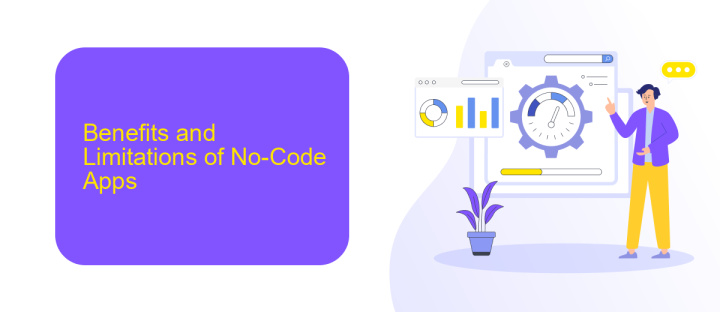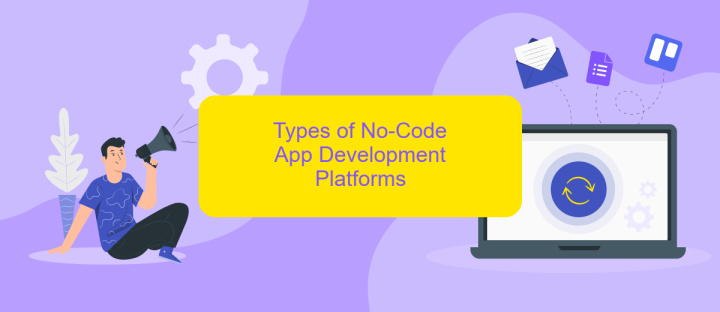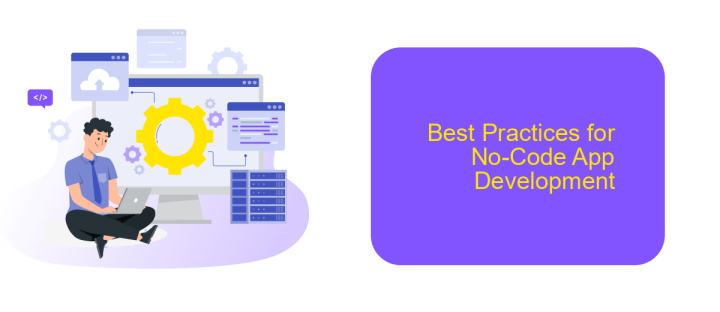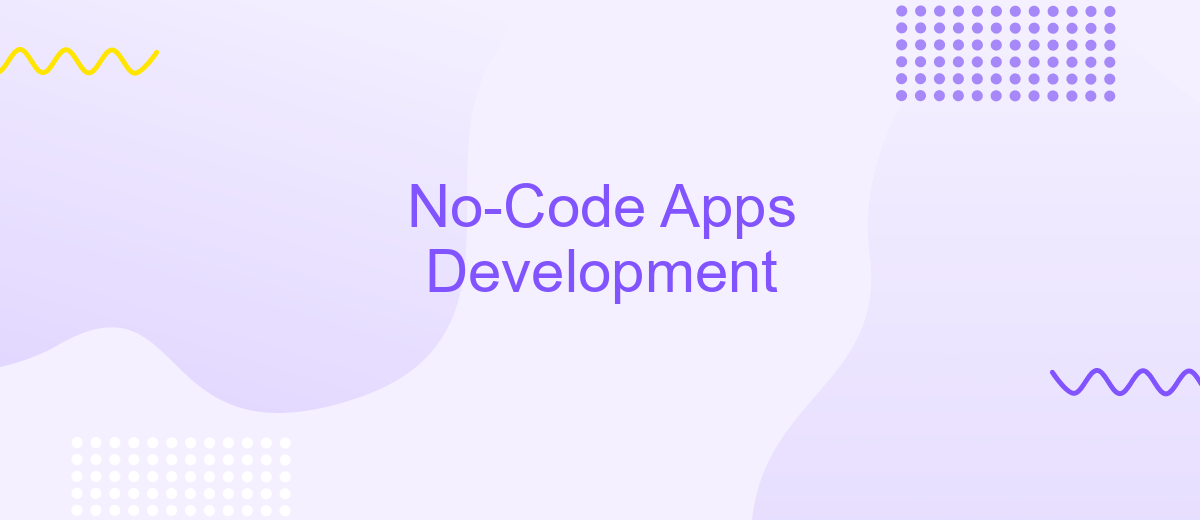No-Code Apps Development
No-code app development is revolutionizing the way businesses and individuals create software. By eliminating the need for traditional coding skills, no-code platforms empower users to build functional, customizable applications quickly and efficiently. This democratization of app development opens up new opportunities for innovation, enabling a broader range of people to turn their ideas into reality without extensive technical expertise.
Introduction to No-Code Apps Development
No-code app development is revolutionizing the way individuals and businesses create applications. By eliminating the need for traditional coding skills, no-code platforms empower users to build functional and dynamic apps through intuitive drag-and-drop interfaces.
- Accessibility: No-code platforms are user-friendly and accessible to non-developers.
- Speed: Rapid prototyping and deployment are possible without extensive coding knowledge.
- Cost-effective: Reduces the need for hiring specialized developers.
- Flexibility: Easily adapt and modify apps as business needs evolve.
Integrating various services and automating workflows is a crucial aspect of no-code development. Tools like ApiX-Drive offer seamless integration capabilities, allowing users to connect multiple applications effortlessly. This enables businesses to streamline operations and enhance productivity without the complexities of traditional coding. As a result, no-code development is becoming an essential tool in the modern digital landscape.
Benefits and Limitations of No-Code Apps

No-code apps offer numerous benefits, making them an attractive option for businesses and individuals. They significantly reduce development time and costs, allowing users without technical expertise to create functional applications. This democratization of app development enables rapid prototyping and iteration, fostering innovation. Additionally, no-code platforms often come with built-in integrations and templates, simplifying the creation process. For instance, services like ApiX-Drive facilitate seamless integration between various applications, enhancing functionality without the need for complex coding.
However, no-code apps also come with limitations. Customization options can be restricted, making it challenging to implement highly specialized features. Performance and scalability may also be concerns, particularly for complex applications with high user loads. Security is another critical issue, as no-code platforms might not offer the same level of protection as custom-coded solutions. Lastly, while no-code tools are user-friendly, they can still require a learning curve, especially for those unfamiliar with app development concepts. Overall, while no-code apps provide significant advantages, it's essential to weigh these against their limitations to determine their suitability for specific projects.
Types of No-Code App Development Platforms

No-code app development platforms have revolutionized the way businesses and individuals create software. These platforms enable users to build applications without needing to write a single line of code, making app development accessible to a broader audience.
- Drag-and-Drop Builders: These platforms allow users to design and build apps by dragging and dropping elements onto a canvas. Examples include Appgyver and Adalo.
- Template-Based Platforms: These provide pre-built templates that can be customized to fit specific needs. Examples include Glide and Thunkable.
- Integration-Focused Platforms: These platforms specialize in integrating various services and APIs. ApiX-Drive, for instance, helps users connect different applications and automate workflows without coding.
Each type of no-code platform offers unique features and capabilities, catering to different user needs. Whether you're looking to quickly prototype an idea, create a fully-functional app, or automate business processes, there's a no-code solution that can help you achieve your goals efficiently.
Best Practices for No-Code App Development

No-code app development offers a streamlined way to create applications without extensive coding knowledge. To ensure your no-code project is successful, it's essential to follow best practices to maximize efficiency and functionality.
First, start with a clear plan. Outline the app’s purpose, target audience, and key features. This will help you stay focused and ensure that your app meets user needs. Additionally, choose the right no-code platform that aligns with your project requirements.
- Utilize templates and pre-built components to save time.
- Test your app thoroughly at each development stage.
- Ensure your app is scalable and can handle increased user load.
- Leverage integration tools like ApiX-Drive to connect various services seamlessly.
- Gather user feedback and make iterative improvements.
Finally, keep security in mind. Protect user data by implementing robust security measures and regularly updating your app to address potential vulnerabilities. By adhering to these best practices, you can create a functional and user-friendly no-code application that stands out in the market.


Conclusion
No-Code Apps Development has revolutionized the way businesses and individuals approach software creation, making it accessible to a broader audience without the need for extensive programming knowledge. This paradigm shift allows for rapid prototyping, reduced development costs, and enhanced flexibility in responding to market demands. By leveraging intuitive interfaces and pre-built templates, users can focus on innovation and functionality rather than getting bogged down by technical complexities.
Moreover, the integration capabilities of no-code platforms have significantly expanded, enabling seamless connectivity with various services and tools. For instance, ApiX-Drive offers a robust solution for automating workflows and integrating disparate systems, further enhancing the efficiency and scalability of no-code applications. As the landscape of no-code development continues to evolve, it promises to democratize app creation, empowering more people to bring their ideas to life with unprecedented ease and speed.
FAQ
What is No-Code Development?
Who can benefit from No-Code Platforms?
Can No-Code Apps be integrated with other services?
Are No-Code Apps scalable?
Is No-Code Development secure?
Apix-Drive is a universal tool that will quickly streamline any workflow, freeing you from routine and possible financial losses. Try ApiX-Drive in action and see how useful it is for you personally. In the meantime, when you are setting up connections between systems, think about where you are investing your free time, because now you will have much more of it.

